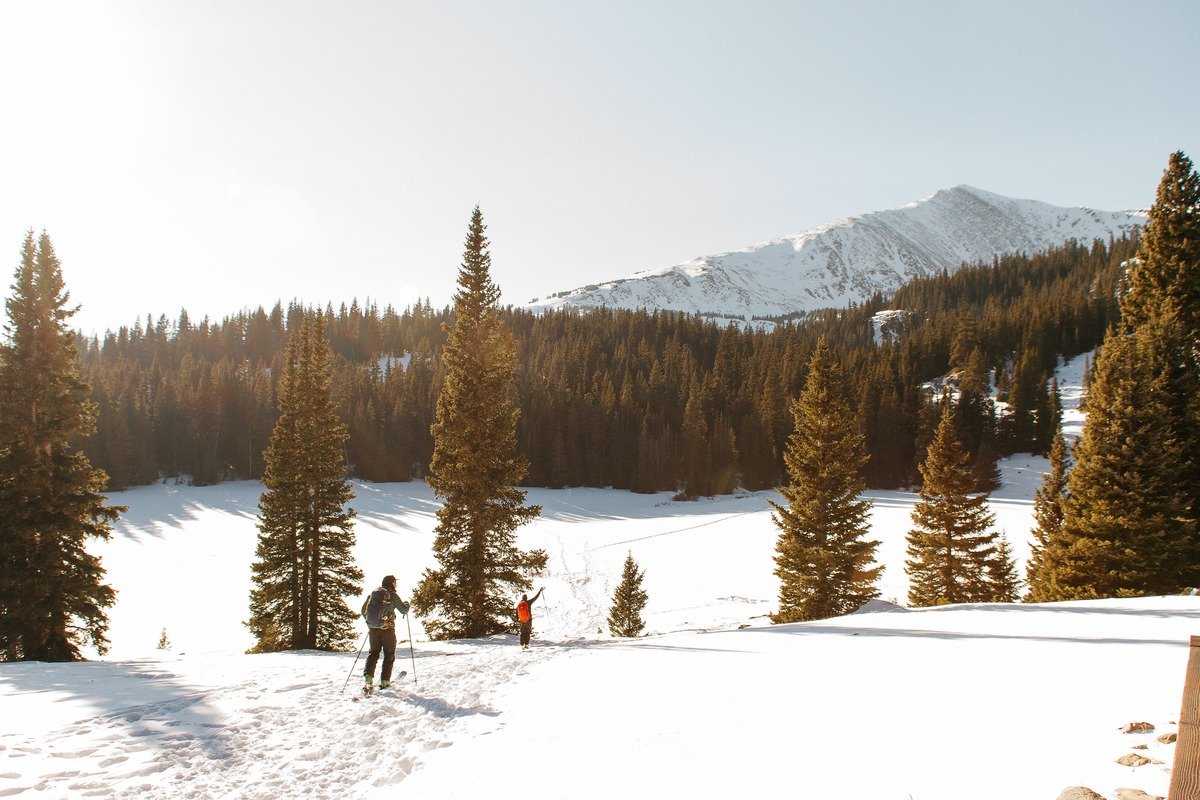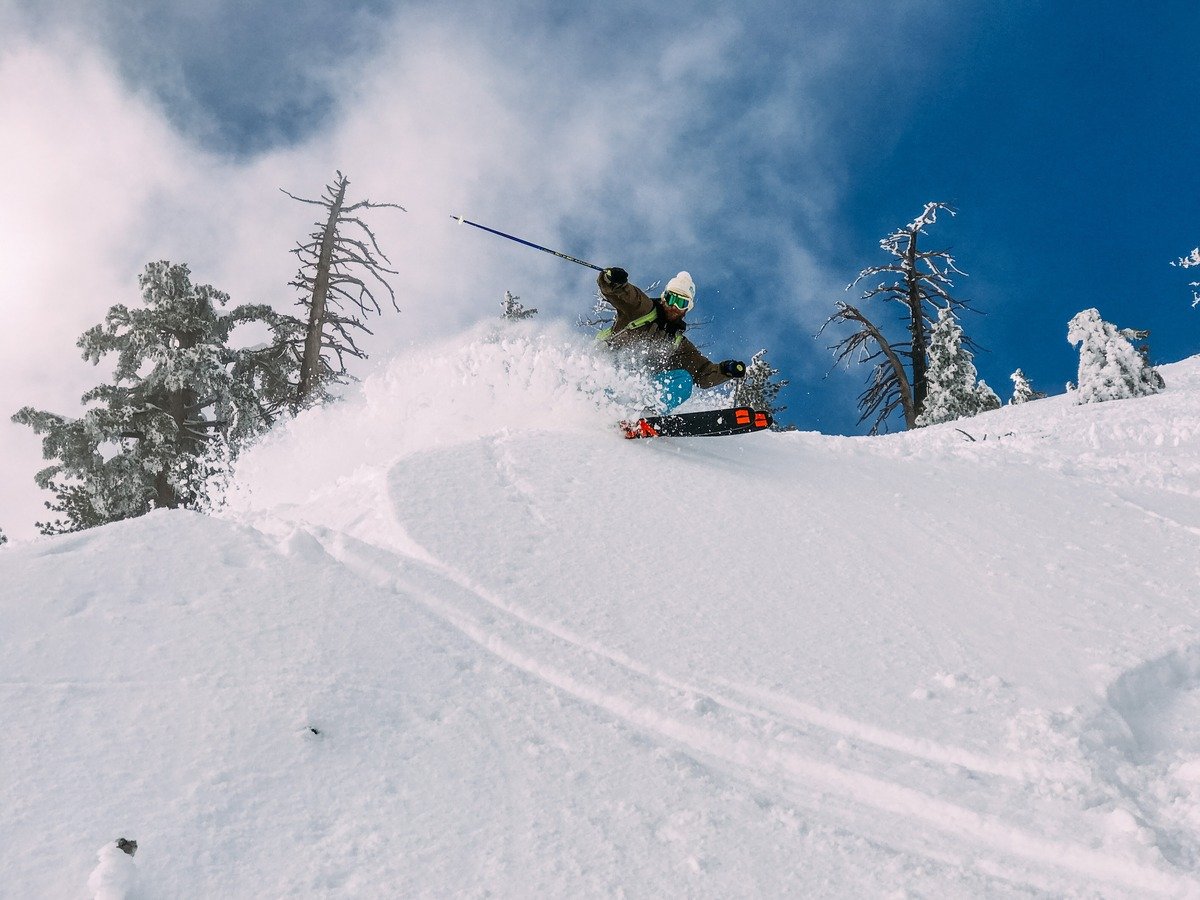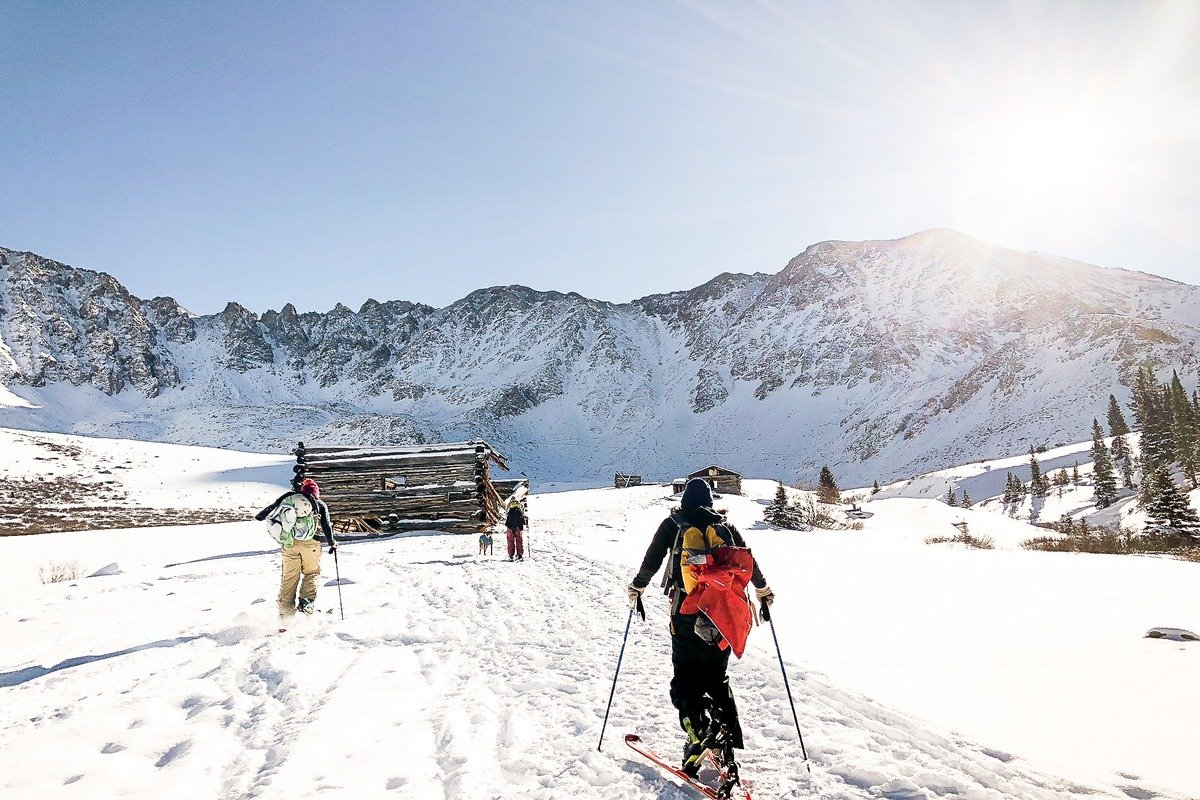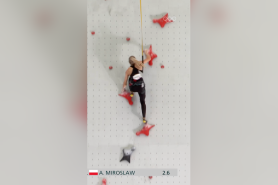

For runners looking for winter exercise ideas, backcountry skiing offers a great cross-training alternative. Beyond the obvious cardiovascular benefits, backcountry skiing engages various muscle groups, improves endurance, and enhances overall strength, making it an ideal complement to any runner’s training regimen. In this article, we will explore the symbiotic relationship between backcountry skiing and running, highlighting the unique benefits each activity brings to the table.
Cardiovascular Endurance
Backcountry skiing, with its uphill climbing and pow-ripping descents, provides an intense cardiovascular workout that closely parallels the demands of running. Both activities require sustained effort over varying terrain, challenging the heart and lungs to deliver oxygen efficiently to working muscles. Engaging in backcountry skiing helps runners maintain and improve their cardiovascular fitness, promoting better endurance and stamina.
Lower Body Strength

While running primarily targets the lower body, the repetitive nature of the activity can sometimes lead to muscular imbalances and overuse injuries. Backcountry skiing, on the other hand, engages a broader range of leg muscles, and it also engages these muscles in a larger range of motion. The uphill ascent demands strength from the quadriceps, hamstrings, and calf muscles, while the descent engages the stabilizing muscles around the hips and knees. This comprehensive lower body workout can help runners build strength in neglected areas, reducing the risk of injuries and enhancing overall performance.
Core Strength and Stability
Backcountry skiing requires a strong and stable core to maintain balance and control. This emphasis on core strength is particularly beneficial for runners, as a strong core contributes to better posture, balance, and overall running efficiency. By incorporating backcountry skiing into their cross-training routine, runners can fortify their core muscles, leading to improved form and reduced fatigue during long runs.
Mental Toughness
Endurance sports like running and backcountry skiing share a common thread of mental toughness. Navigating challenging terrains, enduring steep ascents, and confronting unpredictable weather conditions in the backcountry can build resilience and mental fortitude. Runners who engage in backcountry skiing as cross training may find that the mental toughness they develop will translate to improved focus, determination, and coping skills during long-distance runs.
Training Variety

One of the key advantages of incorporating backcountry skiing into a runner’s training routine is the variety it introduces. The change in scenery and the thrill of navigating through snow-covered landscapes provide a refreshing break from the routine of road or trail running. This variety not only keeps training interesting but also helps prevent burnout by reducing the monotony associated with repetitive workouts.
So, if you’re looking for winter exercise ideas, backcountry skiing offers a dynamic and exhilarating cross-training experience that complements running well. From enhancing cardiovascular endurance and lower body strength to fortifying the core and fostering mental toughness, the benefits of backcountry skiing extend beyond the slopes. Personally, I find that backcountry skiing is a great way to gain fitness and diversify training, and I find that the low-impact nature is great for the body.









